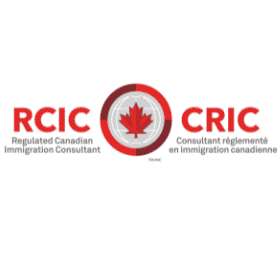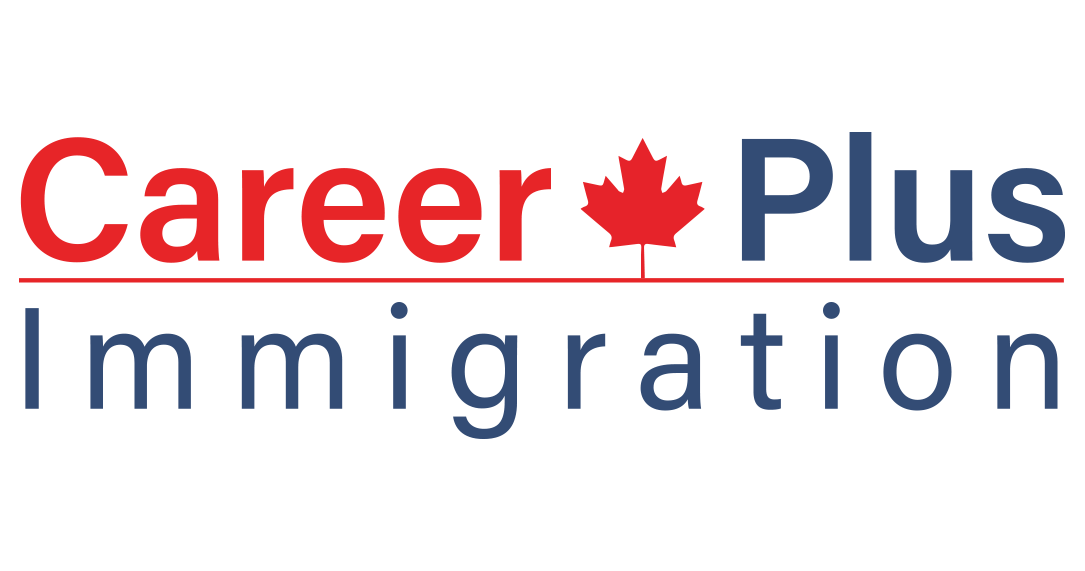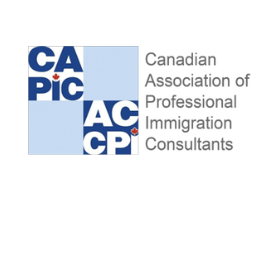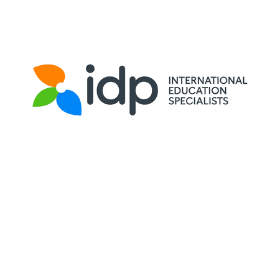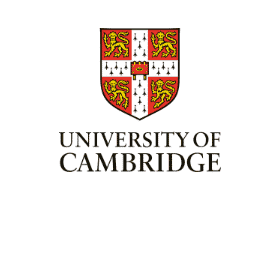Immigrate to Canada, the Immigration, Refugees and Citizenship Canada (IRCC), Canada’s federal immigration authority, admits 300,000 immigrants to Canada annually, mainly under the Economic Class and the Family Reunification Class.
The Economic Class
Professionals and skilled workers who wish to pursue permanent residence or immigrate to Canada must demonstrate a strong likelihood to become economically settled in Canada. This is why the main selection factors of all economic programs are suitable education, work experience in a high-demand occupation and language abilities under one of Canada’s official languages.
IRCC manages Canada’s federal skilled worker immigration programs using the Express Entry system. Under this system, applicants who meet basic criteria submit an online profile to the Express Entry pool, known as an expression of interest, under one of the 3 federal Canada immigration programs: the federal skilled worker program, federal skilled trades, the Canadian experience class, or a participating provincial nominee immigration program.
The profiles of candidates in the pool are ranked against each other, under a Comprehensive Ranking System. The highest-ranked candidates are considered for an invitation to apply for permanent residence under regular draws. Candidates who receive an invitation to apply must quickly submit a full application, within a relatively short delay. The government aims to process cases in only 6-months.
The province of Quebec manages its own immigration programs Quebec skilled worker and the Quebec Experience Class.
In addition, the Economic Class includes various business and investment-based programs.
Some business immigration programs offer permanent admission to Canada such as the Quebec Immigrant Investor Program (QIIP), Quebec Entrepreneur program, Quebec Self-Employed, the Federal Immigrant Investor Venture Capital (IIVC) Program and the Federal Start-Up Visa program.
Meanwhile, the Provincial Nominee Entrepreneur programs follow a two-step process to permanent residence: applicants are first selected or nominated by a province if they meet program requirements; based on that selection or nomination, they may apply to Citizenship and Immigration Canada for permanent residence.
Wealthy business immigrants may also buy or establish a new business in Canada and qualify for a temporary work visa, under federal ‘owner-operator’ policies. After a period of time, qualified applicants may become eligible to submit an application for permanent residence under a provincial nominee program, or under the Express Entry system.
The Family Class
Under the family reunification class, current sponsorship policies promote the reunion in Canada of Canadian citizens and permanent residents with their close relatives.
Eligible relatives under the Sponsorship programs include:
- a spouse, common-law partner or conjugal partner 18 years of age or older;
- an unmarried dependent child under the age of 22;
- a parent or grandparent;
- an orphaned sibling, nephew, niece or grandchild, unmarried and under 18 years of age; or any other relative where the sponsor has none of the above relatives or family members, in Canada or abroad.
IRCC has created a special visa for parents and grandparents who wish to visit their loved ones, called Parents and Grandparents Super Visa. This is a multi-entry visitor visa valid for 10 years which allows the holder to stay in Canada for up to two years without having to exit the country.
